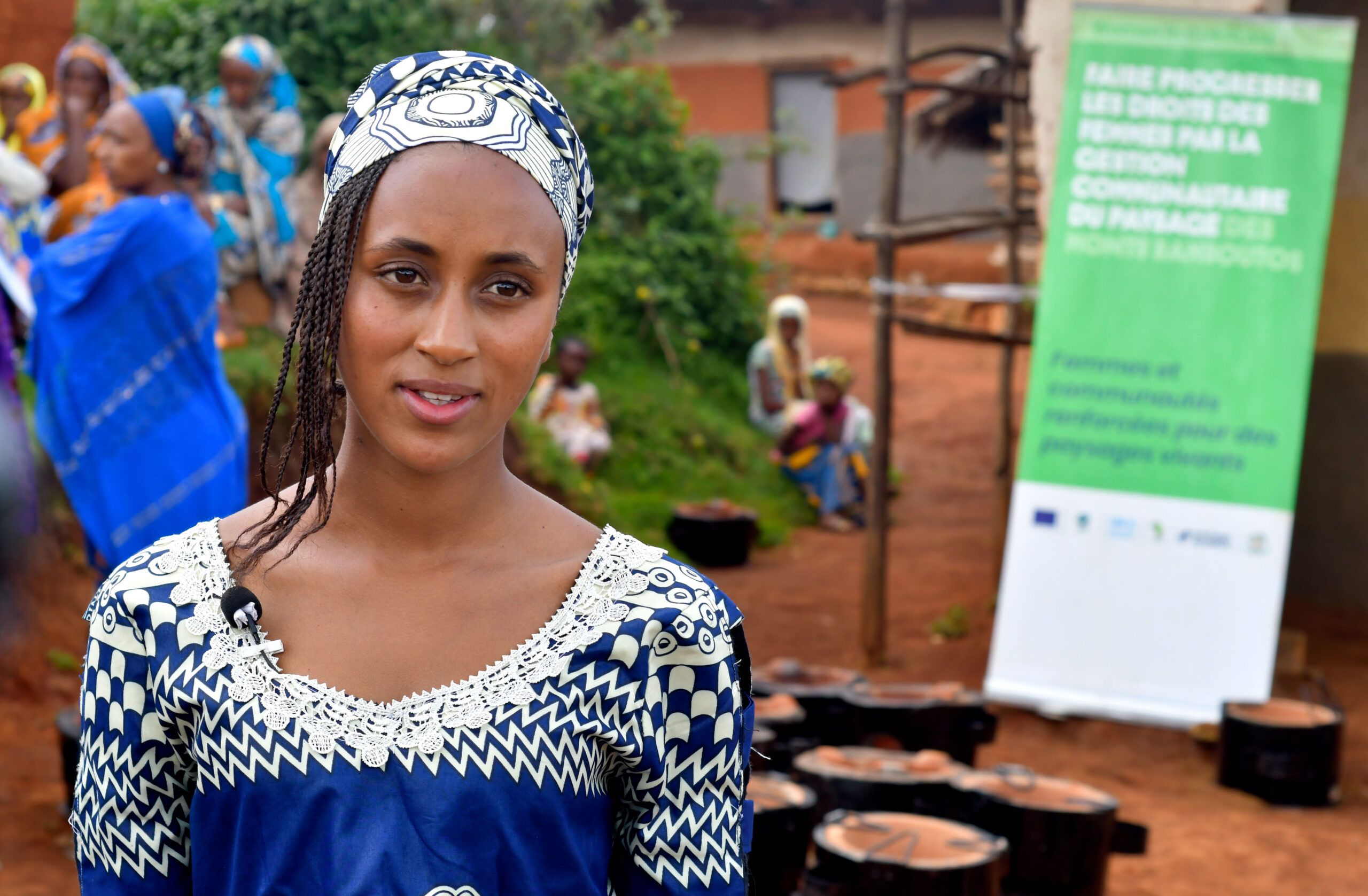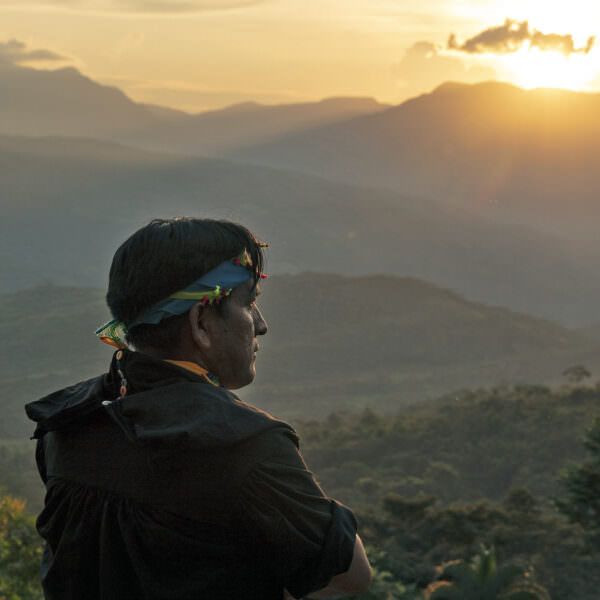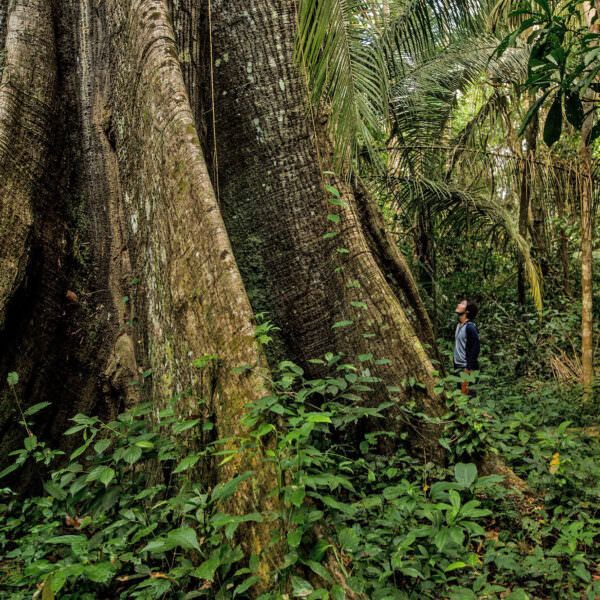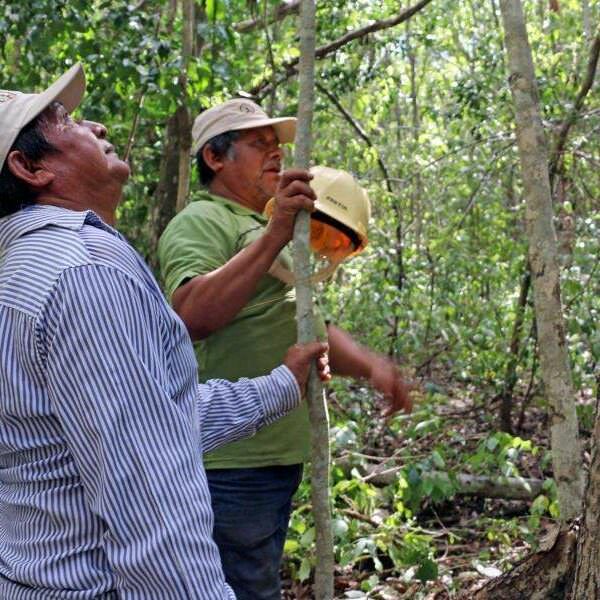The World’s Best Forest Guardians: Indigenous Peoples
Indigenous peoples and local communities have an unsurpassed connection to the Earth's forests.
Home / Issues / Human rights / Indigenous communities / Page 6
Indigenous peoples have an unsurpassed connection to the Earth’s forests. They manage at least one quarter of the world’s lands, home to approximately 80 percent of our planet’s biodiversity. Even with their often-limited access to financial resources or legal support, Indigenous peoples have proven to be the best guardians of the world’s forests.

The Rainforest Alliance has always made it a priority to partner with—and learn from—Indigenous peoples. We support the conservation efforts and livelihoods of Indigenous peoples through our landscape and community programs, by providing technical assistance and facilitating market connections for their businesses, which are rooted in their traditional ecological knowledge and exemplary land stewardship practices.
Watch this video to learn about Warmi Awadora, a brand of Kichwa women weavers in Peru who are improving their livelihoods while preserving their cultural heritage.
Watch this video about the people of Madre de Dios, who have developed forest-friendly enterprises that support conservation and guard against environmental threats.
Learn about how the Forest Allies community of practice can help your company recognize Indigenous peoples as effective forest stewards and future business partners.
Read this paper to discover our principles and strategies for stopping forest degradation and supporting forest communities in vulnerable tropical regions.

Indigenous peoples and local communities have an unsurpassed connection to the Earth's forests.

Peru: Where indigenous knowledge, climate science, and global markets meet.

Sustainably harvested wood is at the heart of this new business run by indigenous Maya women.

An innovative new project puts indigenous and local communities in the driver's seat.

This report is the first of ten case studies produced as part of a community forestry project in Guatemala, Honduras, Mexico, Nicaragua and Peru. The study focuses on the indigenous Mayangna of Awas Tingni, located in the North Atlantic Autonomous region of Nicaragua, an area where the Rainforest Alliance has been working since 2007. The […]